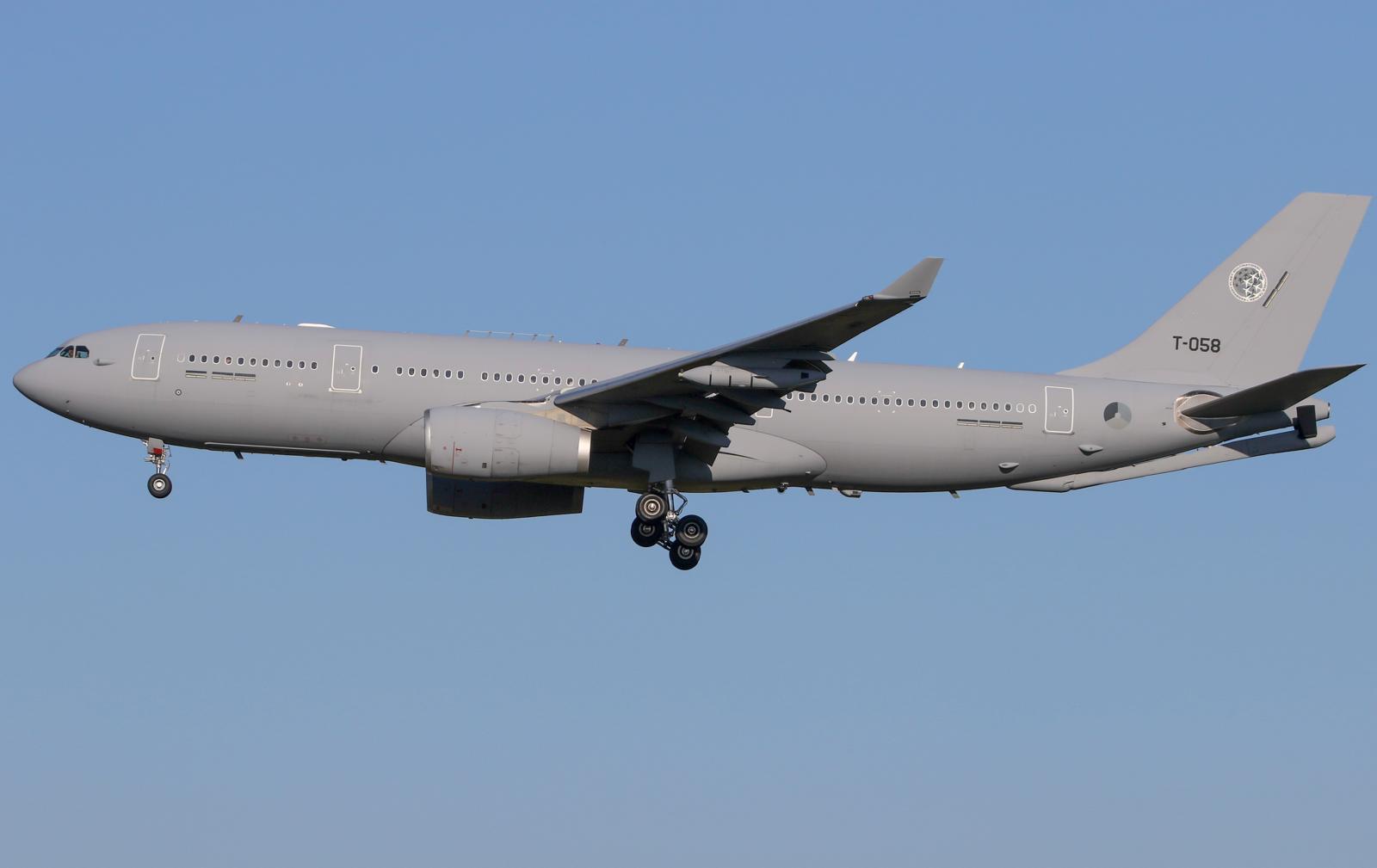Authors : Benoit Denet / Martin Gillet

From September 16 to 27, 2019, the Defence organised the exercise CELTIC UPRISE 2019. This is the first exercise that is part of the new Franco-Belgian partnership called “CaMo” (Motorised Capacity).
The Belgian Defence announced the CELTIC UPRISE 2019 Exercise.
“During this exercise, nearly 900 soldiers mainly from the Belgian Motorised Brigade as well as French Army troops have been deployed in the provinces of Luxembourg, Namur and Hainaut. The military have trained according to a fictitious scenario during which they will perform many aspects of their profession (patrols, securing hot spots, convoy escorts, anti-terrorist actions, medical evacuations etc.).
The exercise took place in the provinces of Hainaut (mainly near Beaumont, Chimay, Froidchapelle, Sivry-Rance), Namur (Cerfontaine, Florennes, Doische, Hastière, Onhaye, Philippeville, Viroinval, Walcourt) and Luxembourg (Marche en Famenne).
With this strategic partnership, the two countries want to collaborate very closely in terms of training, training, doctrine, equipment and operational deployment. The new Jaguar and Griffon vehicles will be delivered to Belgium from 2025 onwards. But cooperation between the units in joint training started today.”
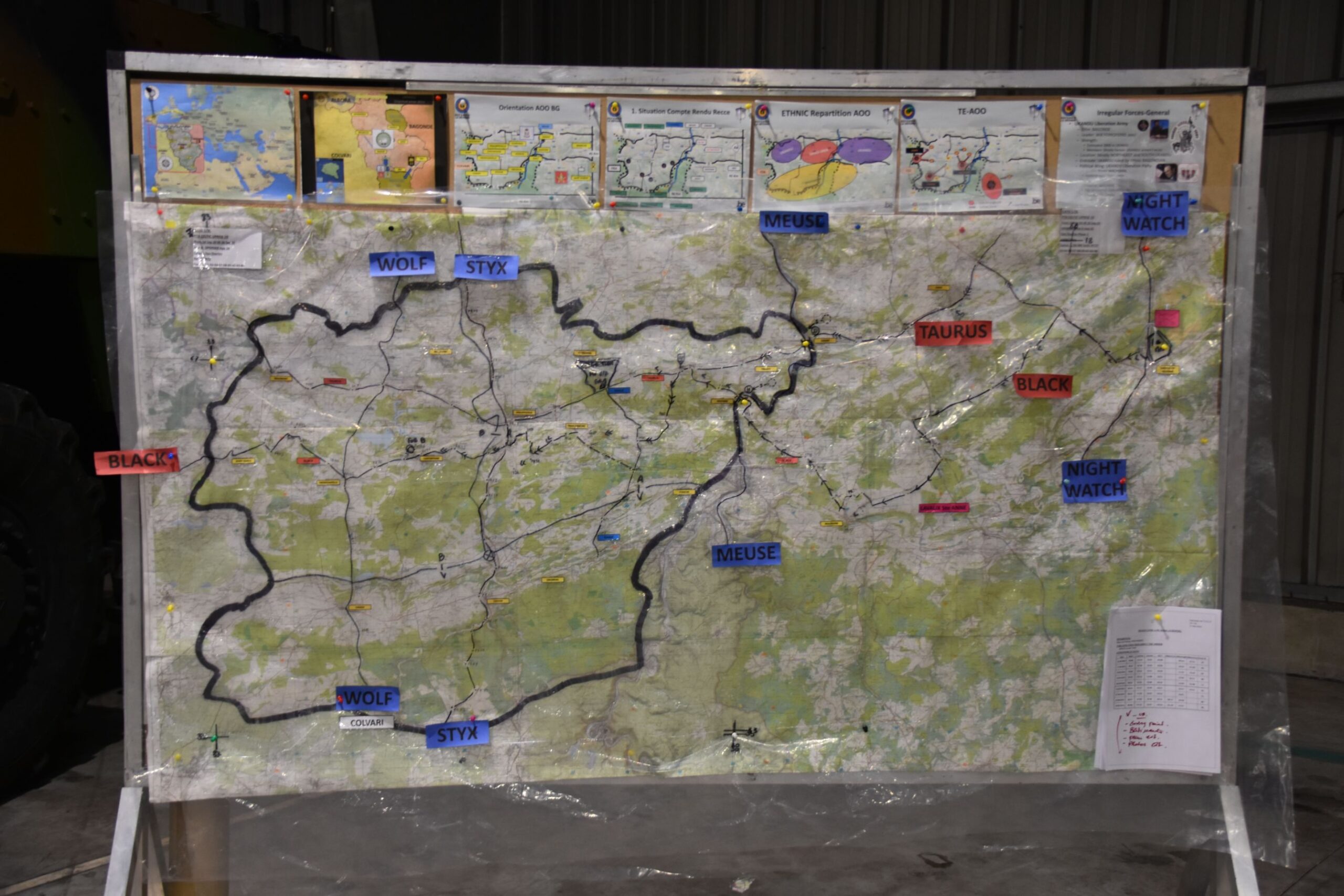
Fact and figures :
- Over 787 persons involved (505 ‘players’ and Supervisors)
- Over 237 ‘major vehicles’ : armoured vehicles, troops and material transport, support, engineering etc..
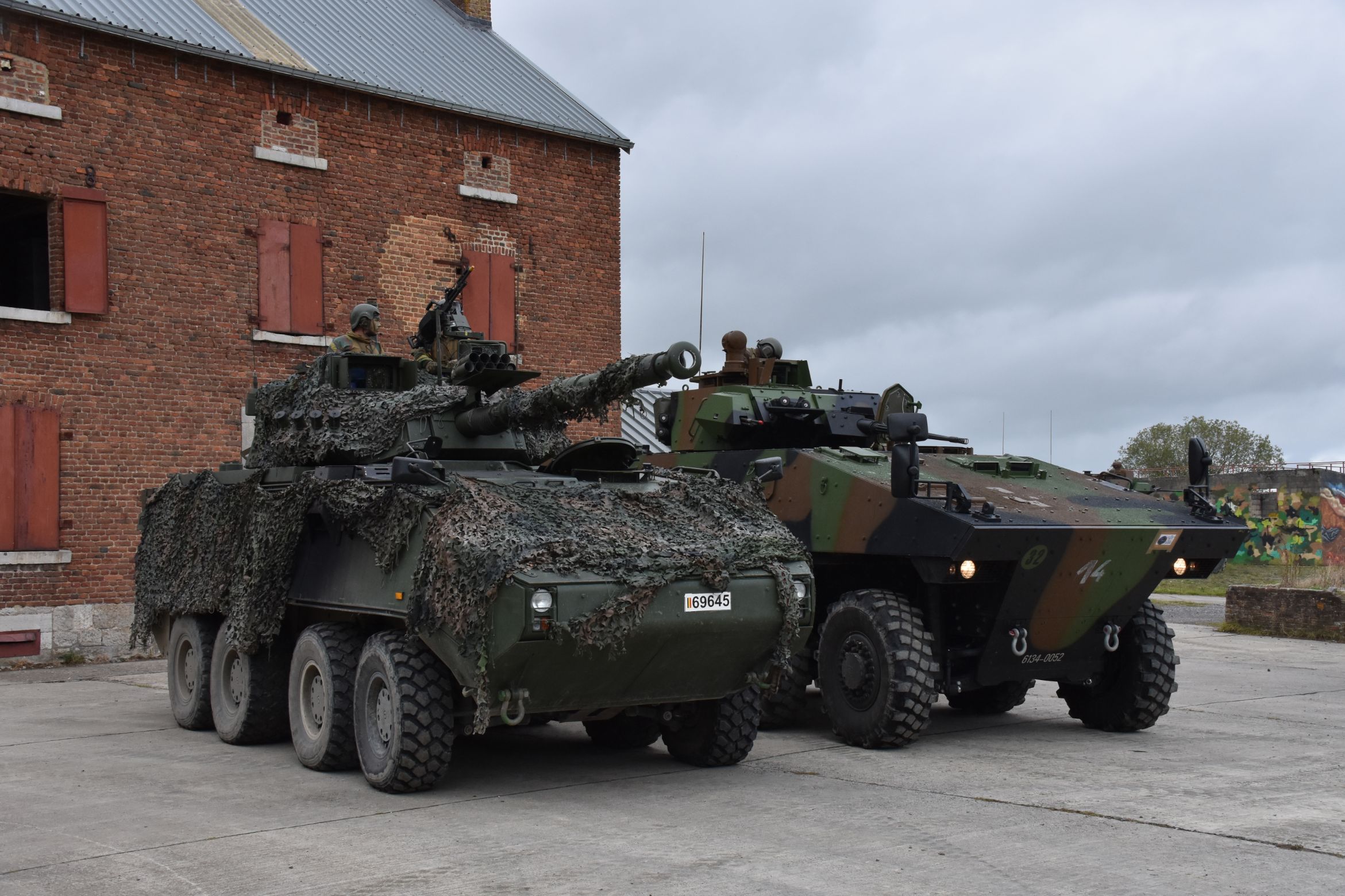
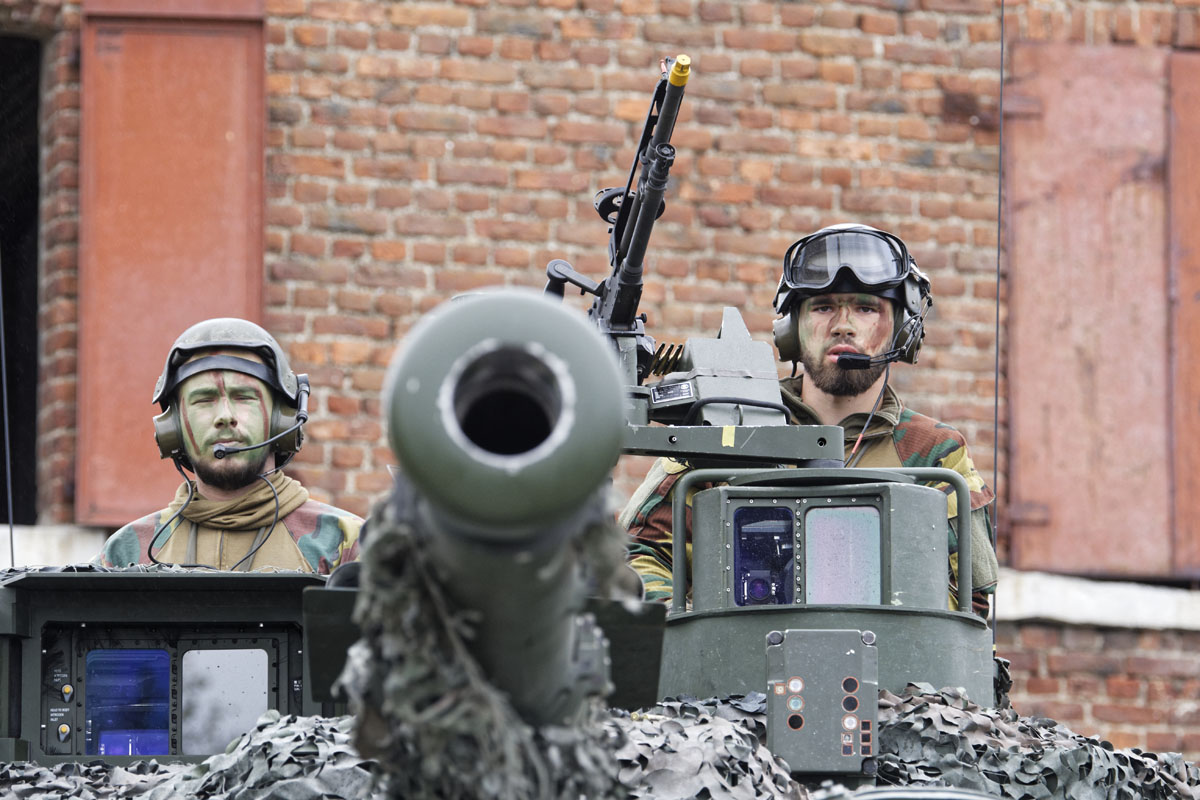
- Although most parties had French as a language, the players used English as a common communication language
The participating units were as follow :
Belgium
- Headquarters Brigade from Marche-en-Famenne
- Batallion 1/3 Lanciers from Marche-en-Famenne
- Batallion Istar from Hervelee
- 4th Batallion Engineering from Amay
- DOVO/SEDEE (demining section) from Meerdael
- Artillery Batallion from Brasschaat
- 3rd Medical Intervention Section from Marche-en-Famenne
- 2nd Wing Tac from Florennes
- 1st Wing Heli from Beauvechain
France
- 152nd Régiment d’Infanterie from Colmar
- 5th Régiment de Dragons from Mailly Le Camps
- 1st Régiment d’Infanterie from Sarrebourg
- 1st Régiment de Chasseurs à Cheval from Thierville-sur-Meuse
- 3rd Régiment du Génie from Charleville-Mézières
- 68th Régiment d’Artillerie from Afrique de la Valbonne
Real Life Support
- 4th Batallion Logistics from Marche-en-Famenne
- 4th Group Communication and Information Systems (CIS) from Marche-en-Famenne
- Military Police
- 2nd Medical Intervention Section from Bourg Léopold
- Civil-Military Engagement Group from Heverlee
- Gendarmerie Nationale (France)
On the aviation side, besides the use of drone, F-16’s were involved (from 2 Wing Tac of Florennes) as well as Helicopters (from the 1 Wing Heli of Beauvechain).
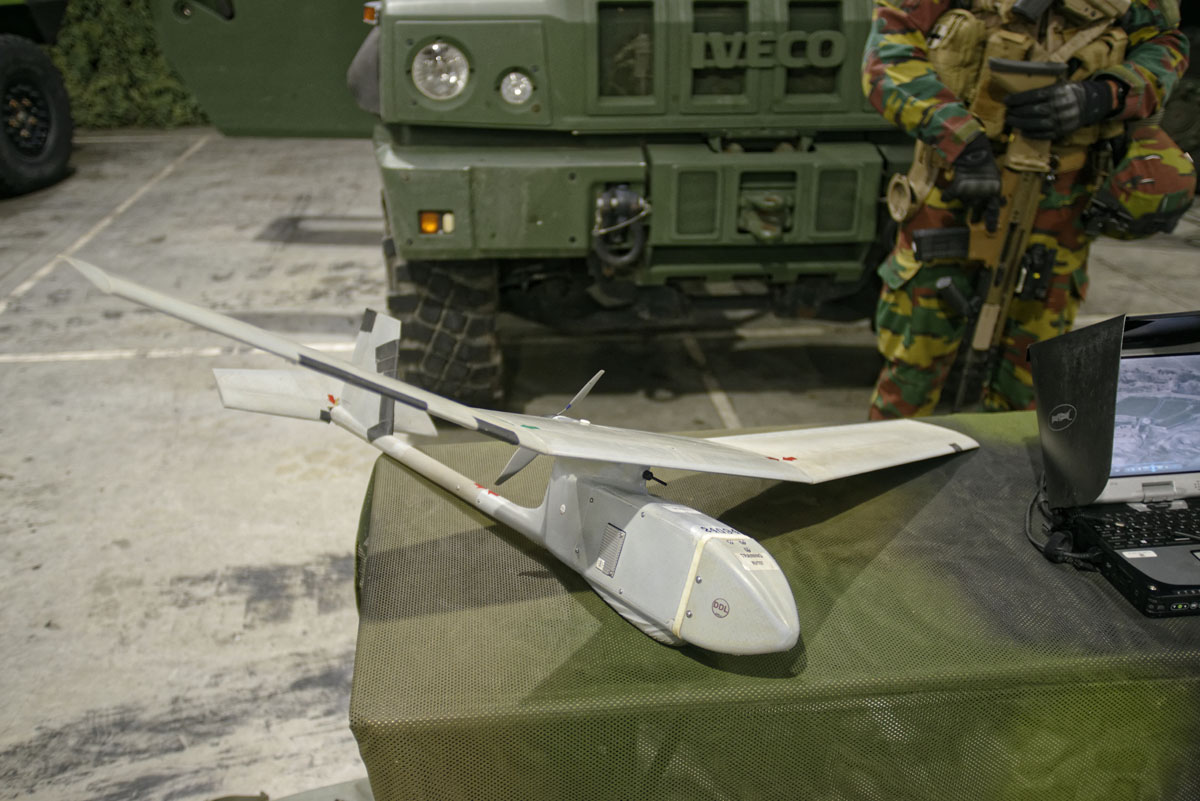
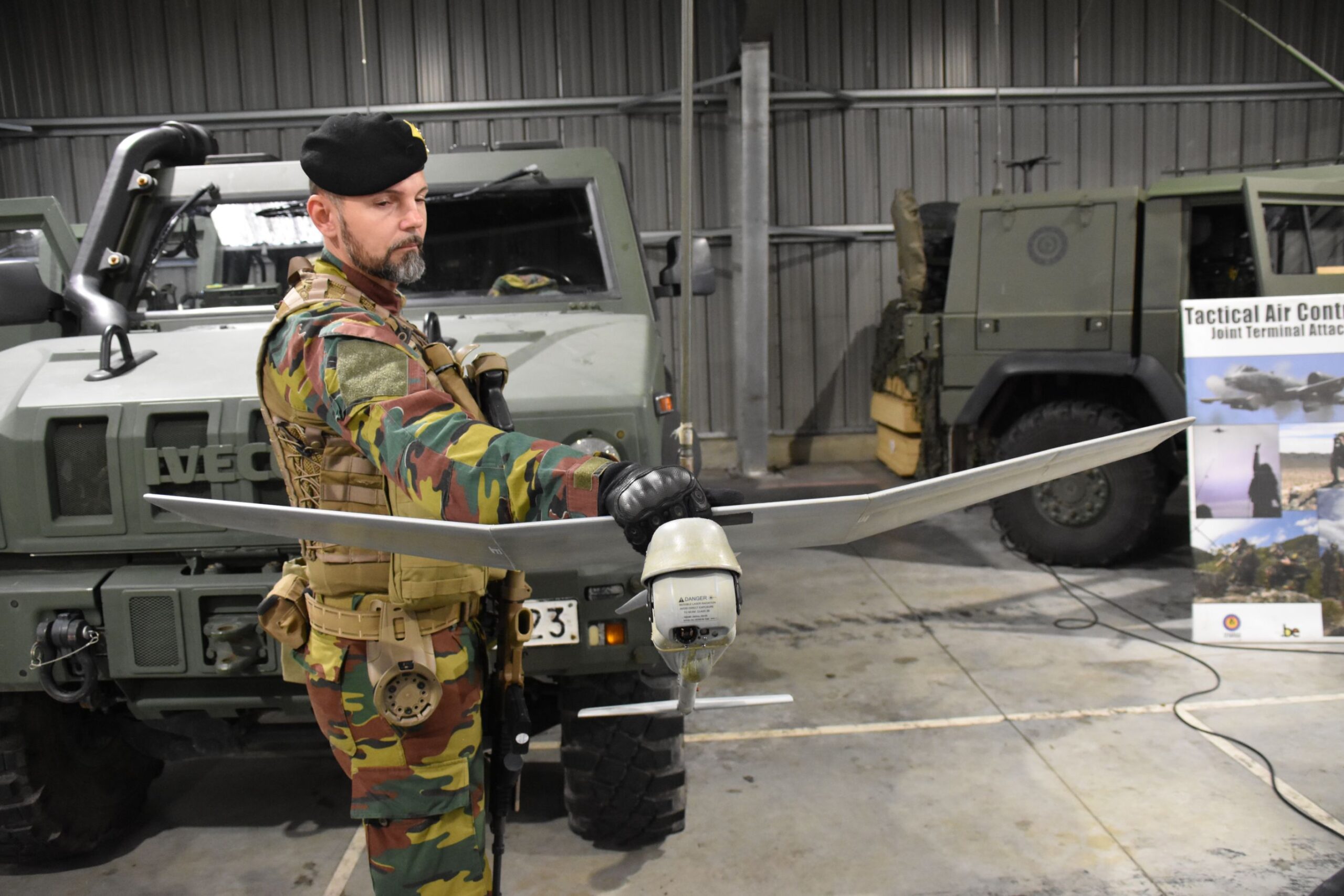
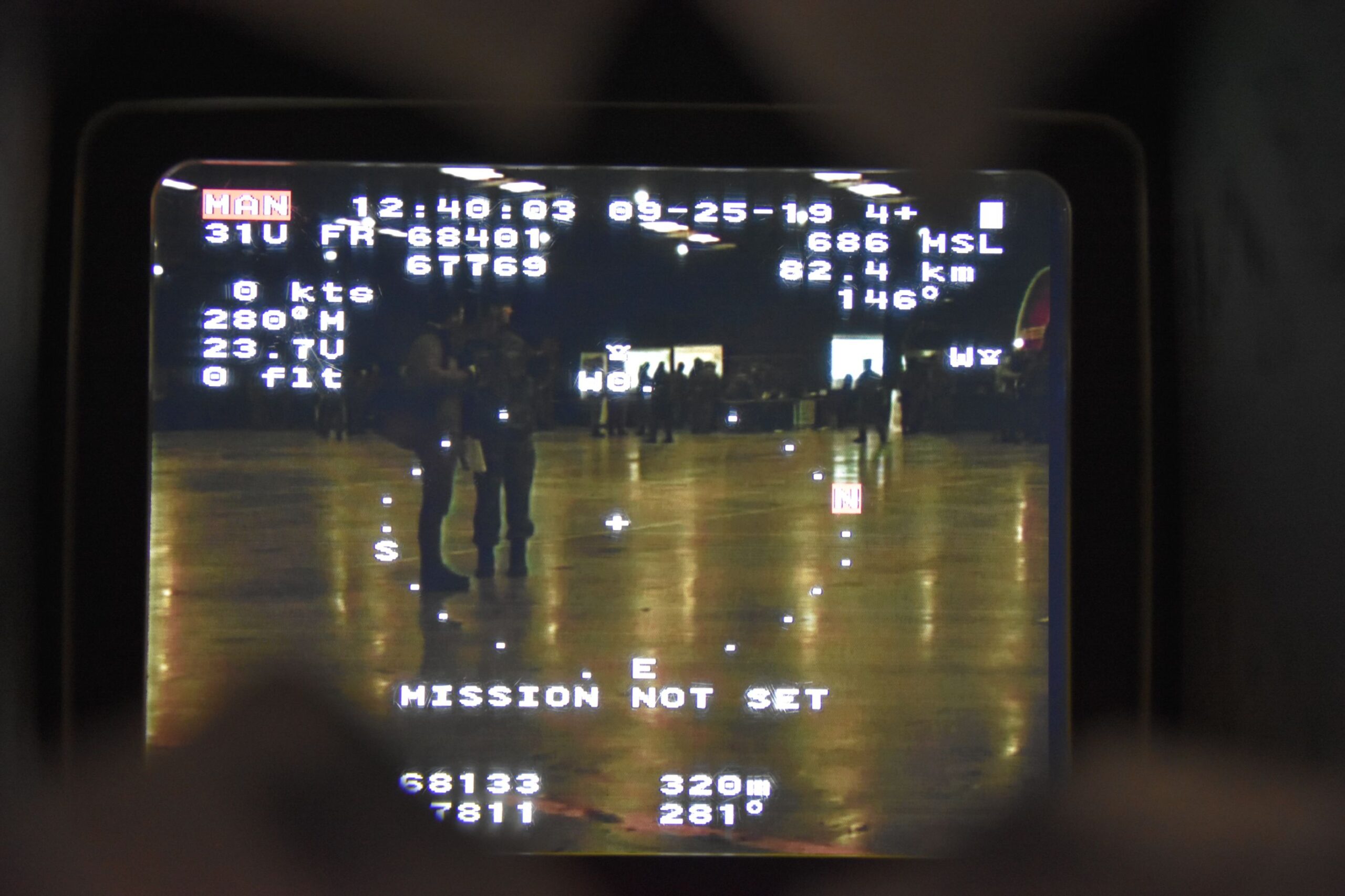

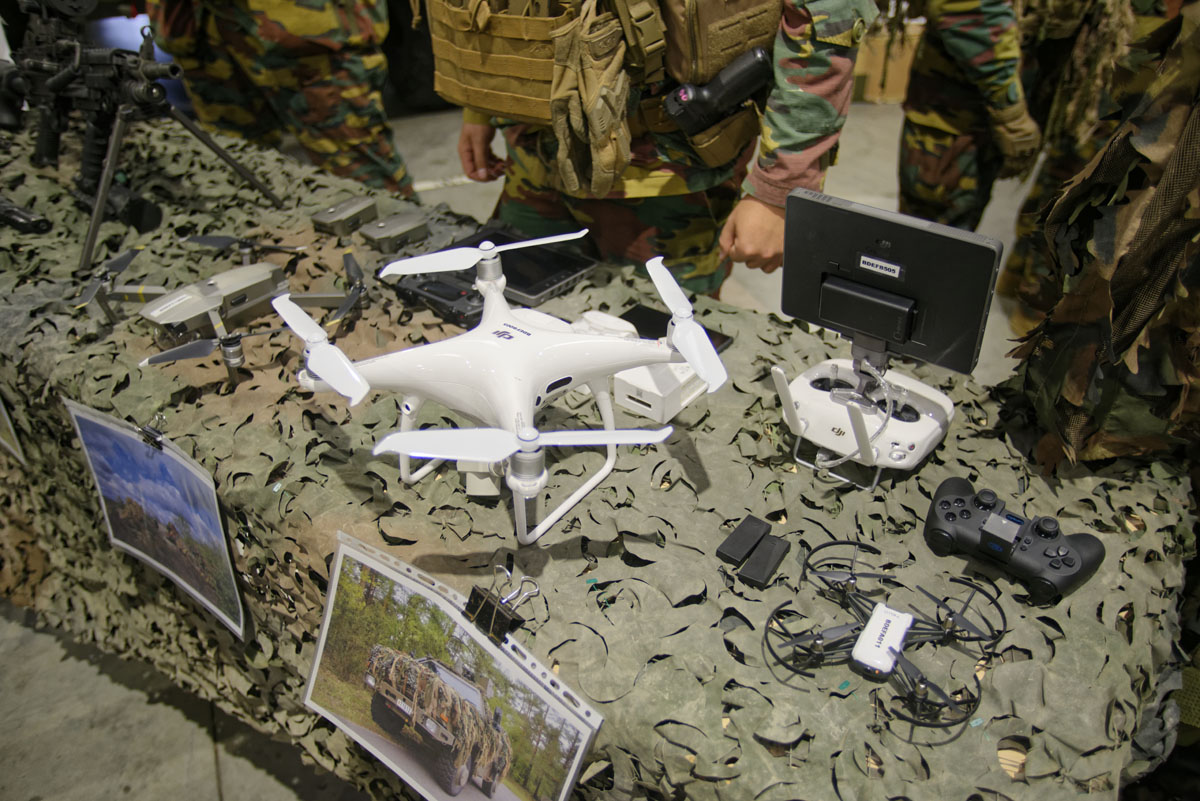
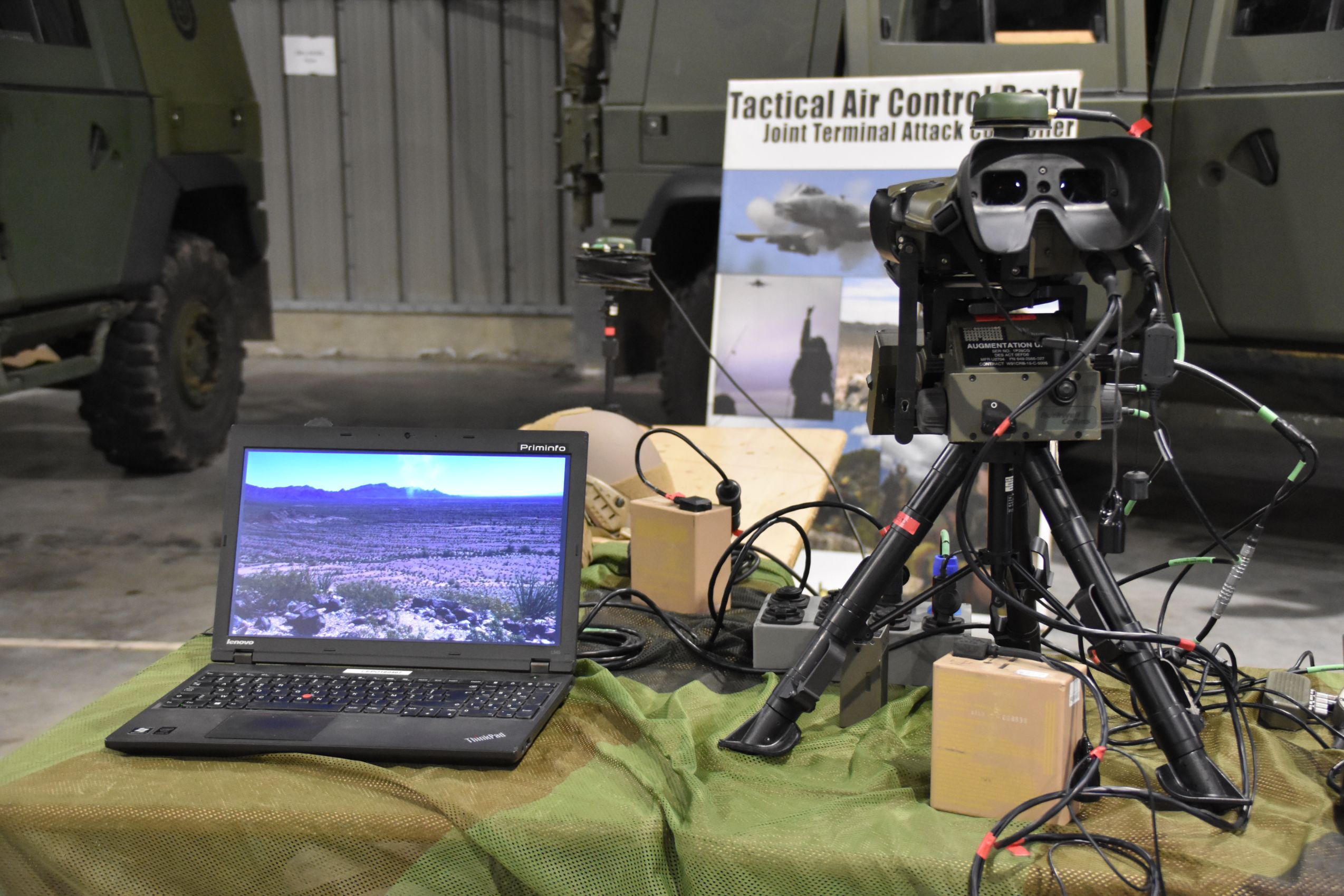

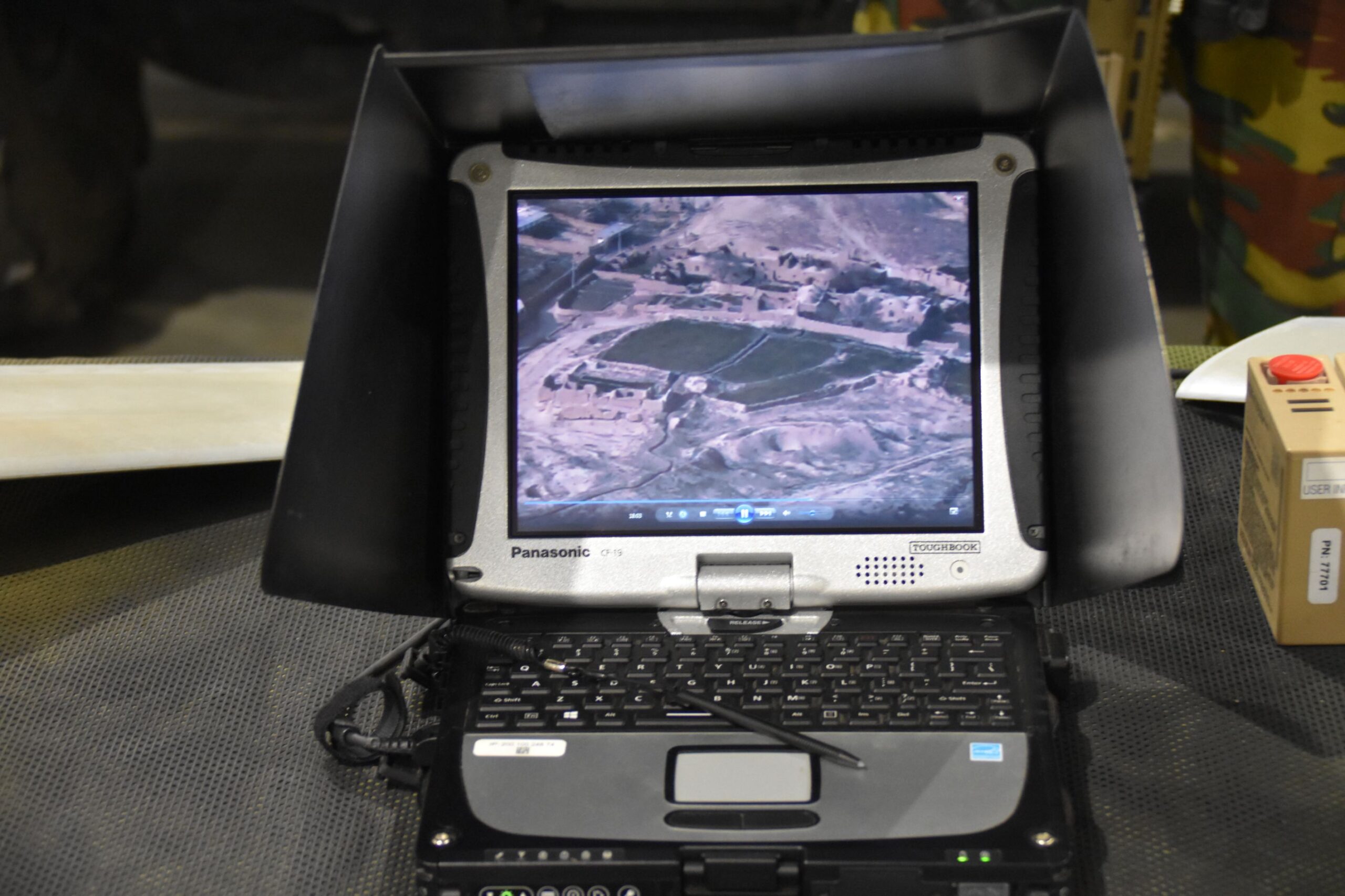

Helicopters as seen from field reporters reporting through social media.
#CELTICUPRISE19 Un panachage de VBCI, VBL, VAB, PVP, Piranha, Lynx, Dingo II, etc. mais aussi 2 A109 MEDEVAC du 1er Wing Heli de Beauvechain #CaMo???? pic.twitter.com/B4ulOYB6Cf
— Forcesoperations (@ForcesOperation) September 17, 2019
exercice ???? ensemble nous construisons notre #CaMo (capacité motorisé) ??
Merci @BeAirForce @MedicalCompoBe pour leur engagement .#strongtogether @armee2terre@EtatMajorFr#MotBde pic.twitter.com/GO1qMjMLrs
— Belgian Army (@Belgian_Army) September 21, 2019
The Exercise concluded at the Camp Roi Albert located in Marche-en-Famenne, with a static display, then with a dynamic demo held in front of Army Leaders, Politicians and Distinguished Visitors.
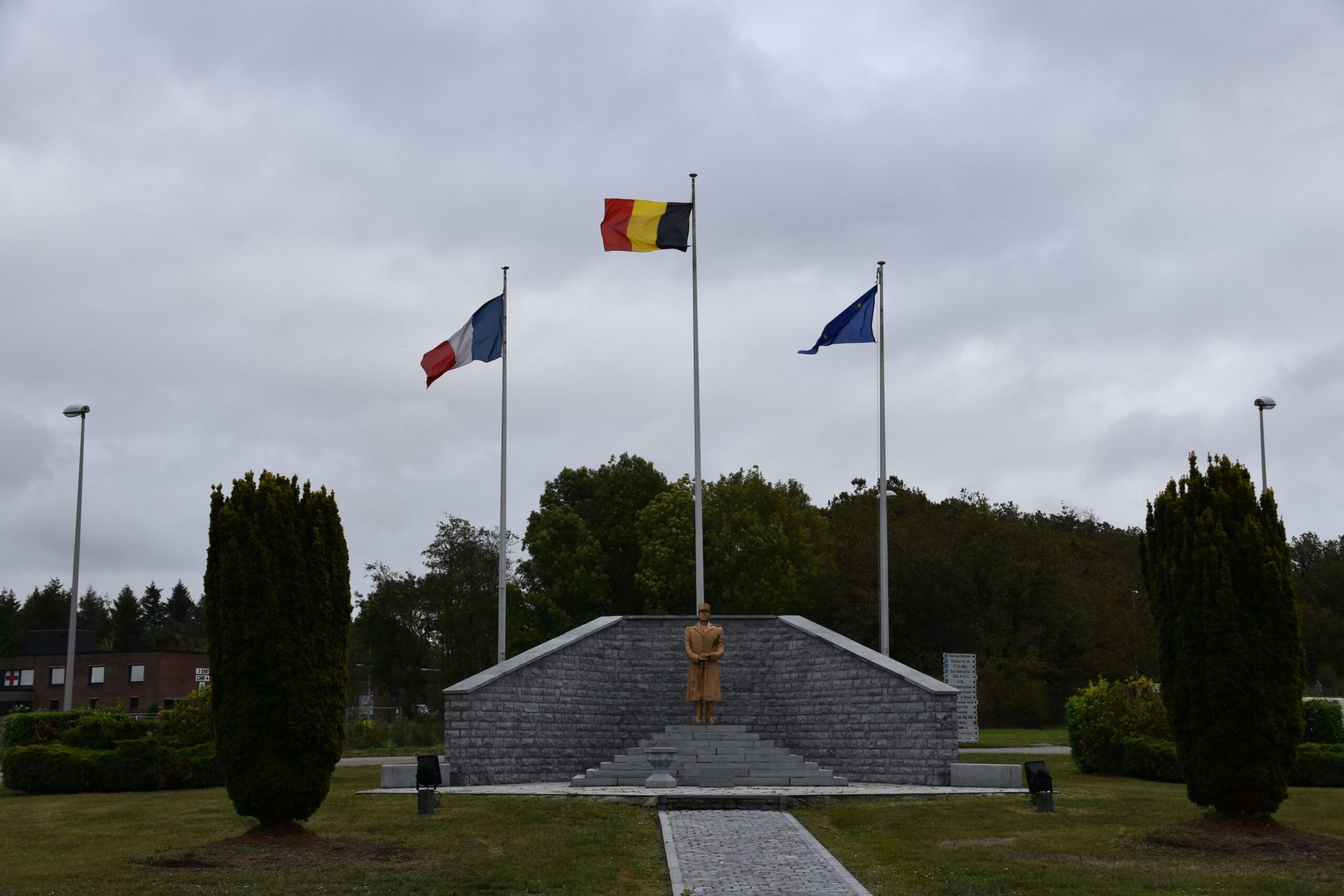
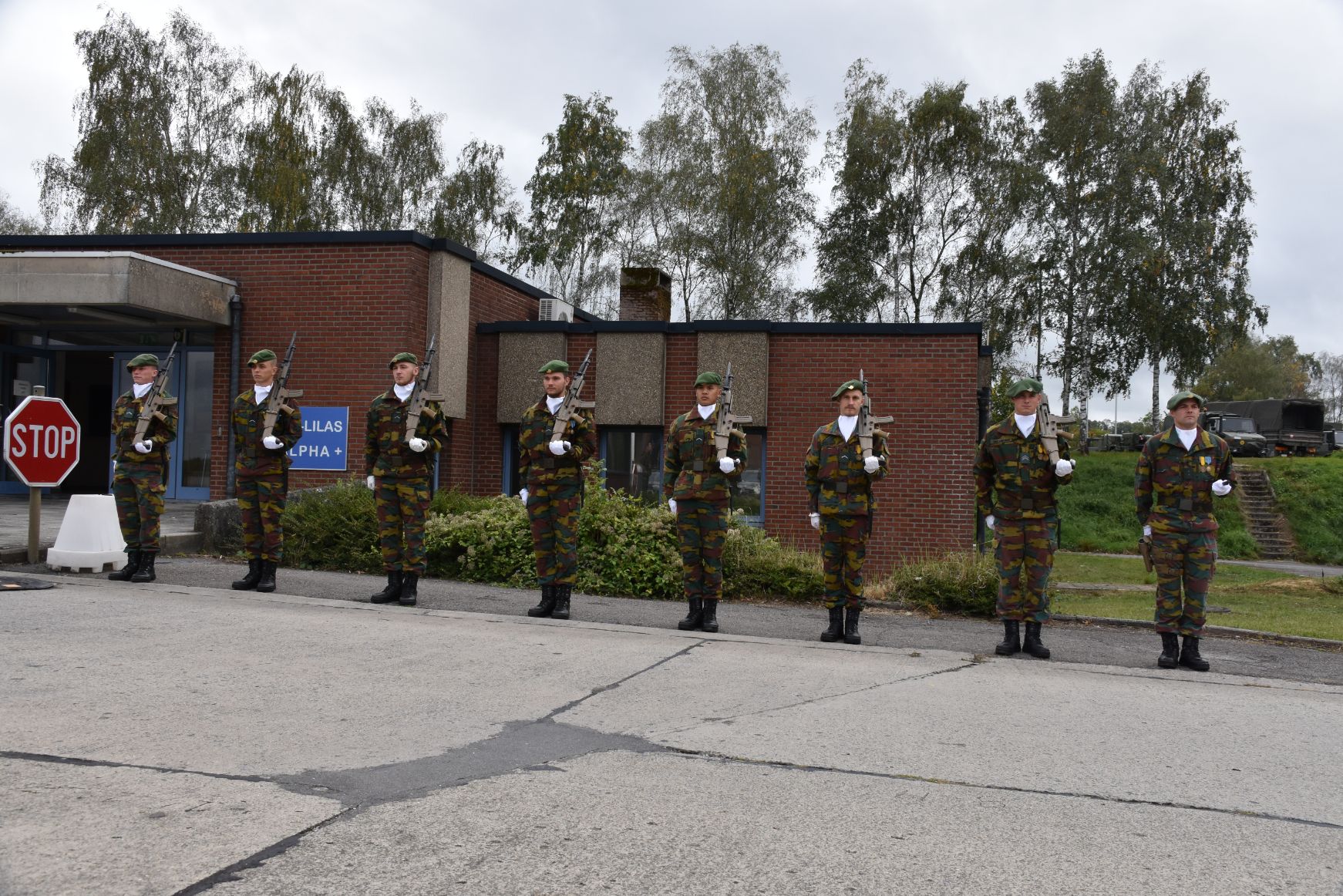

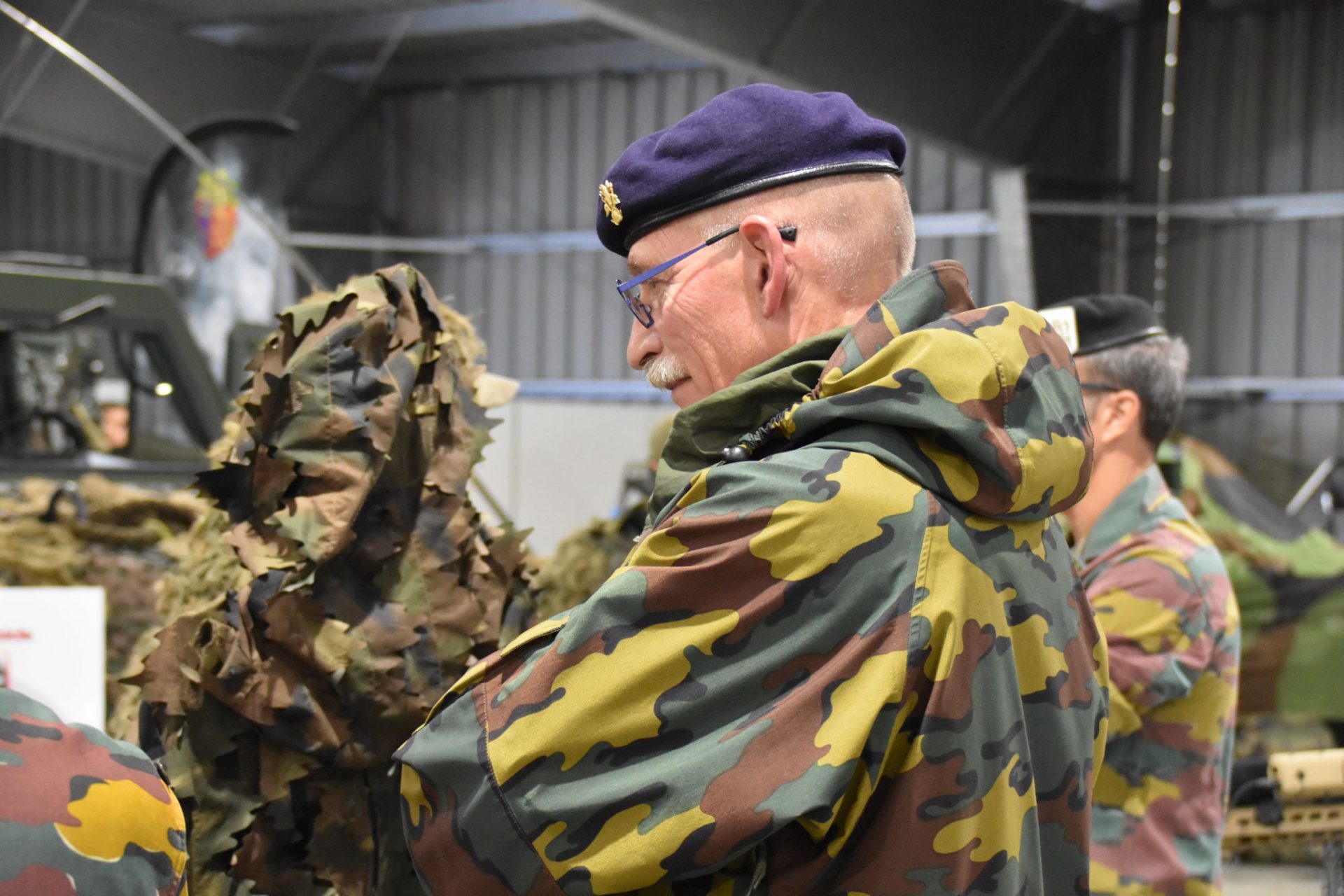


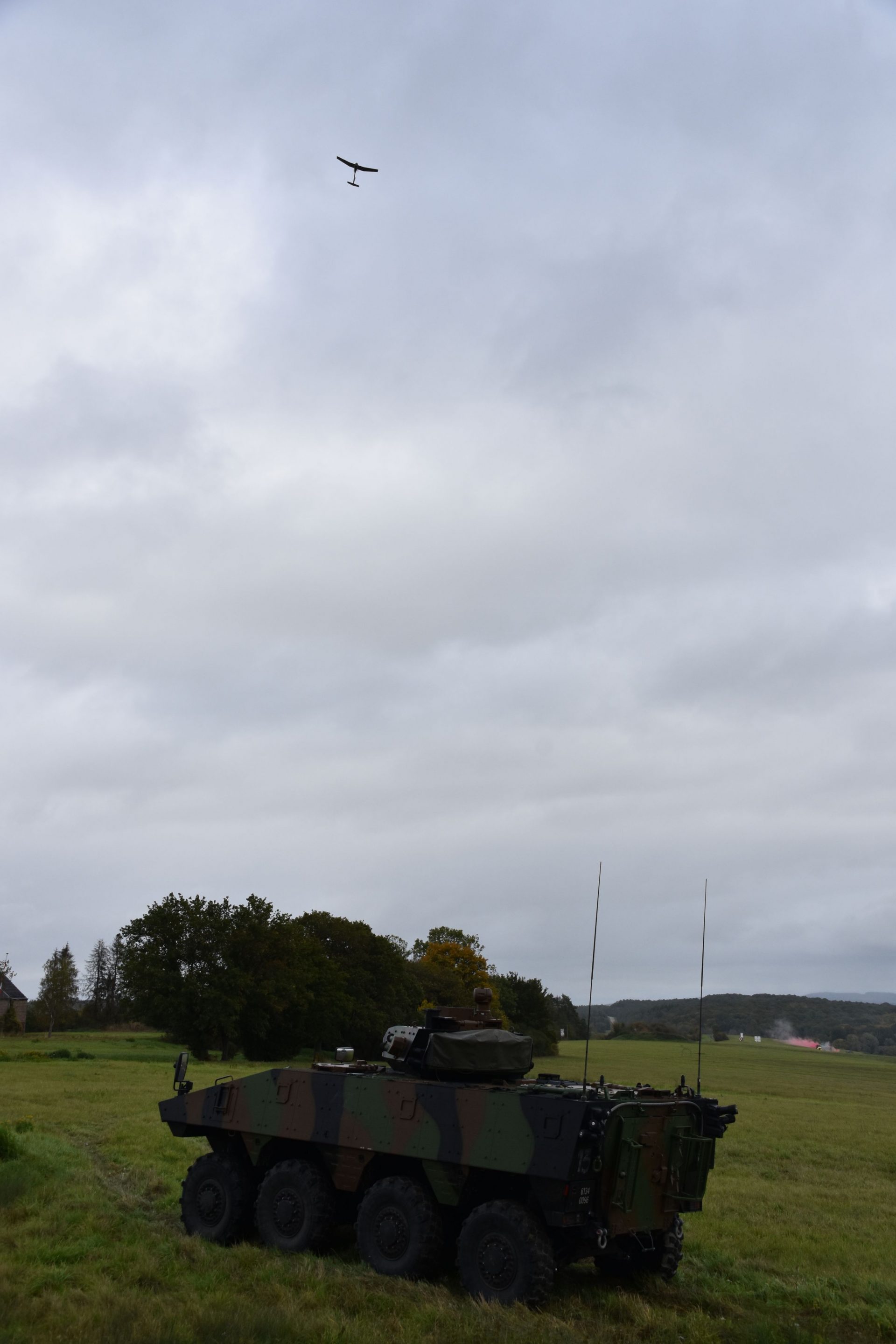
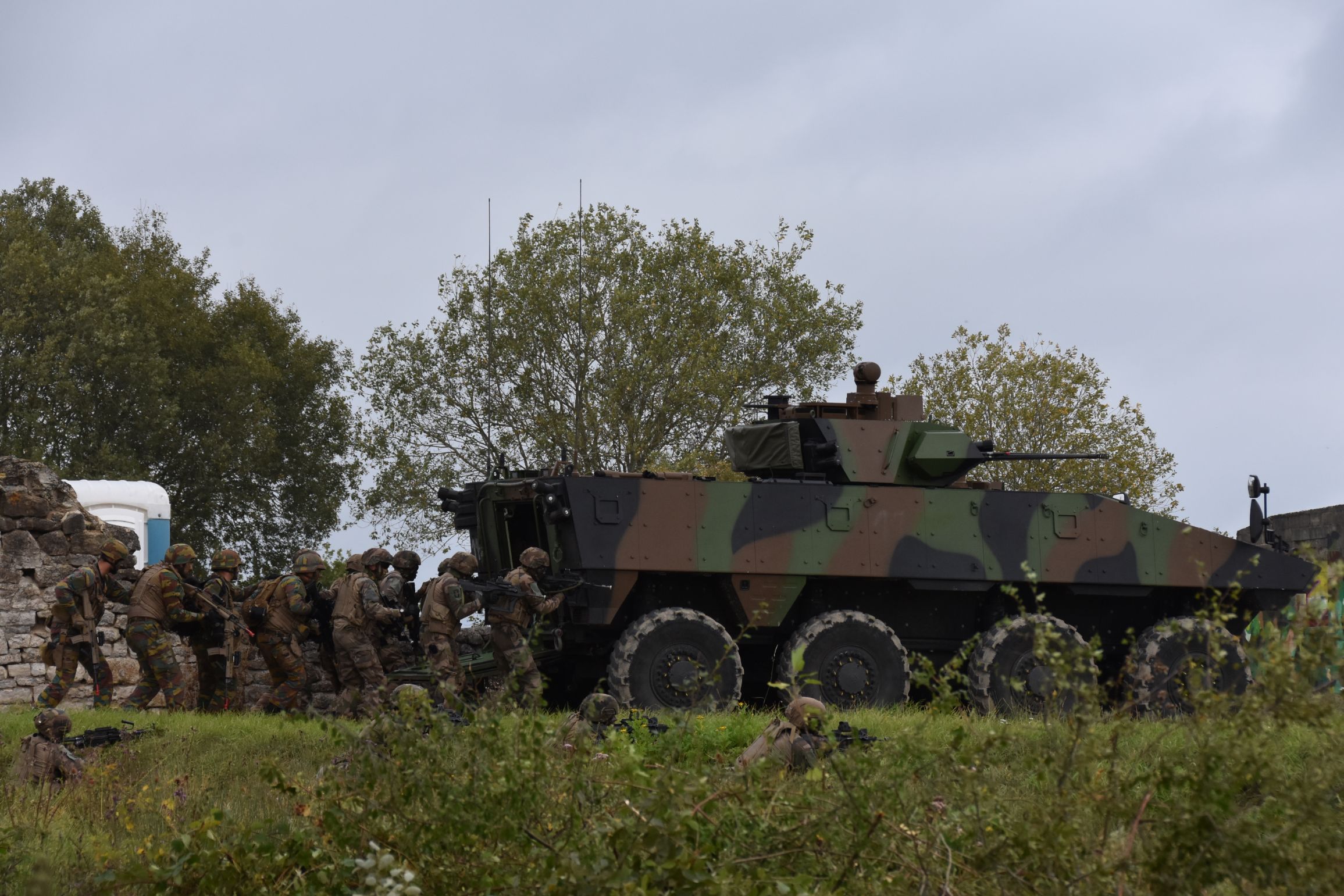
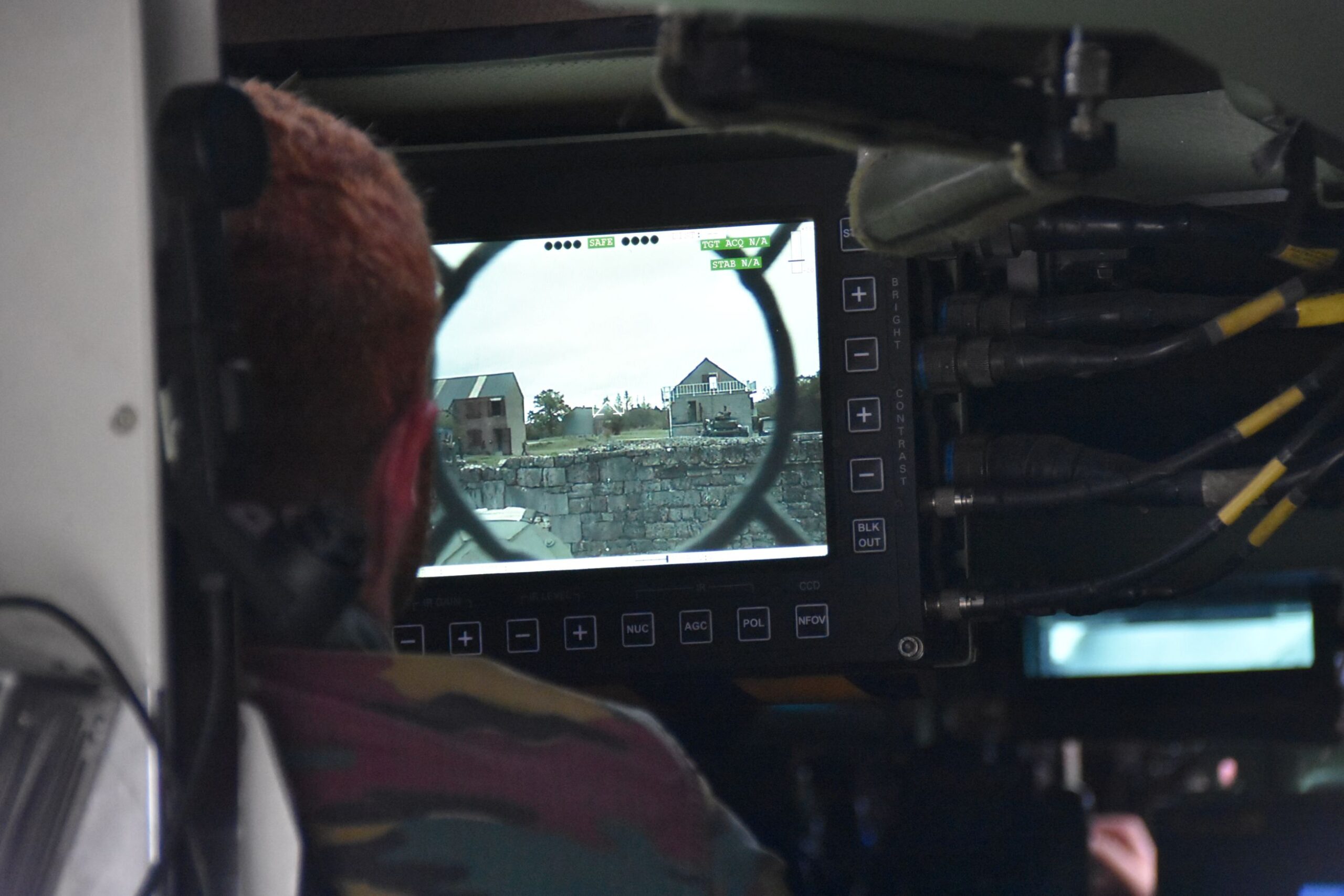
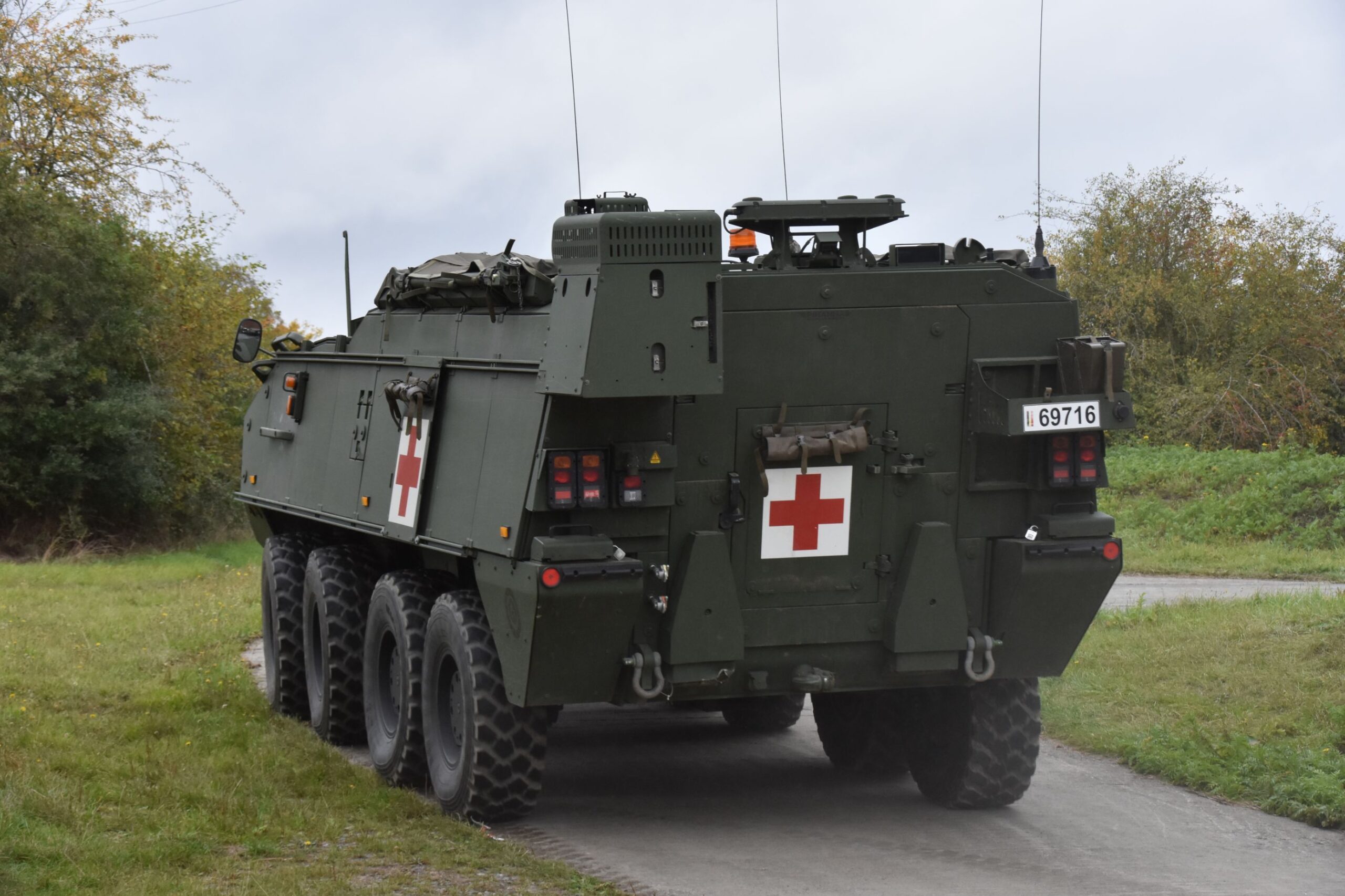
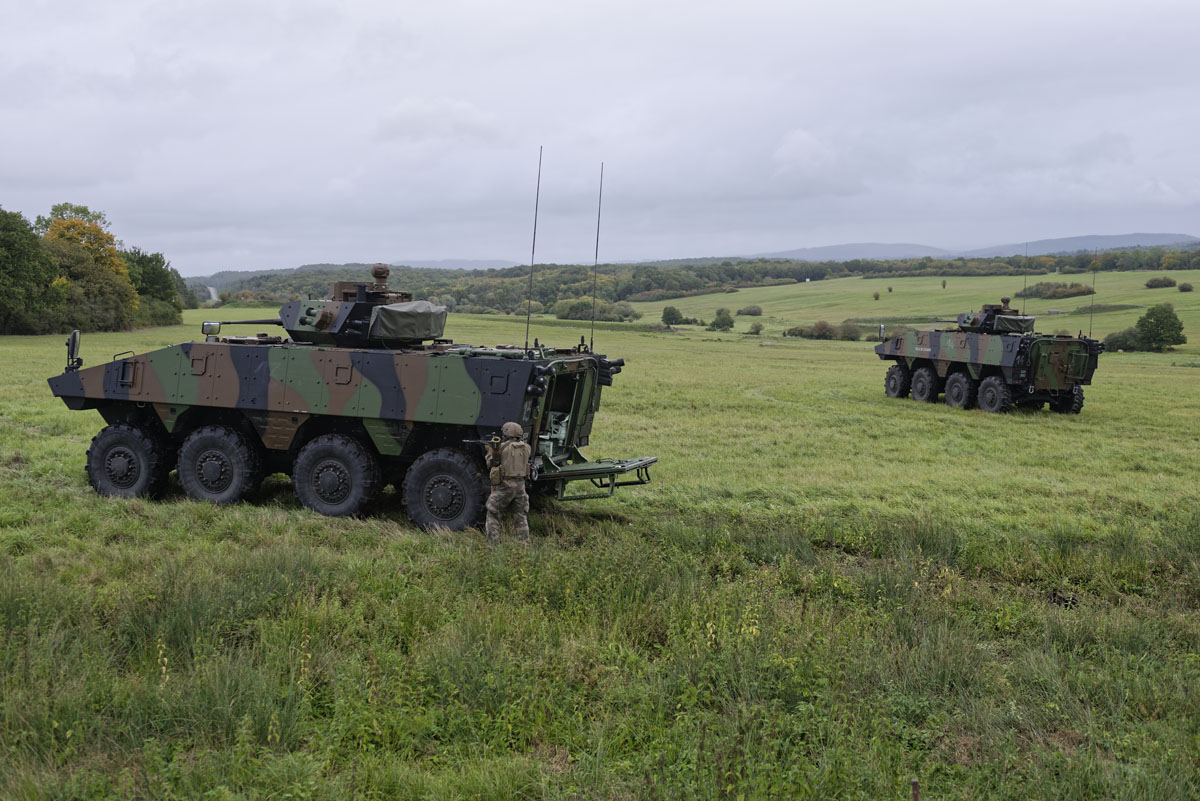

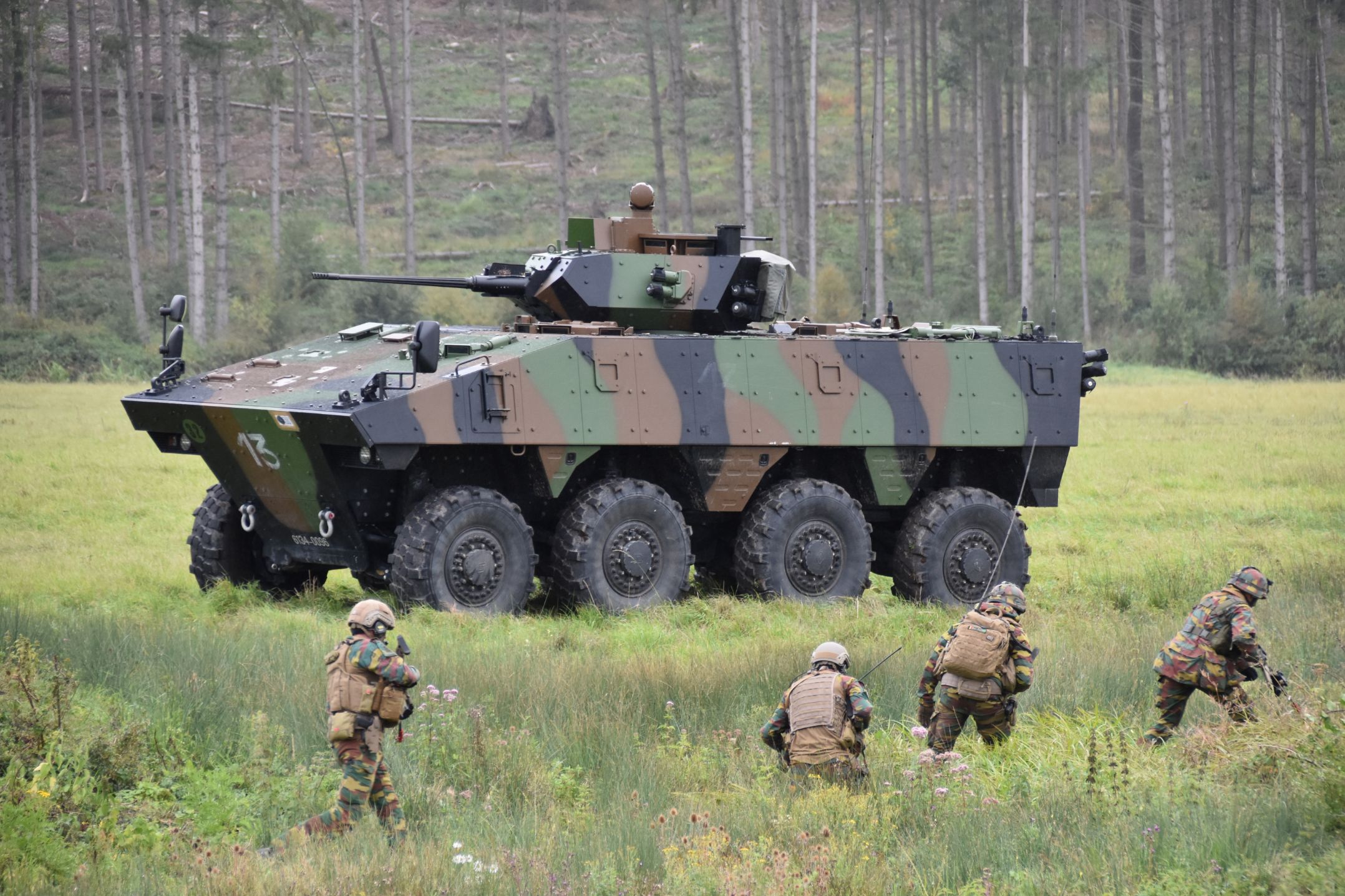
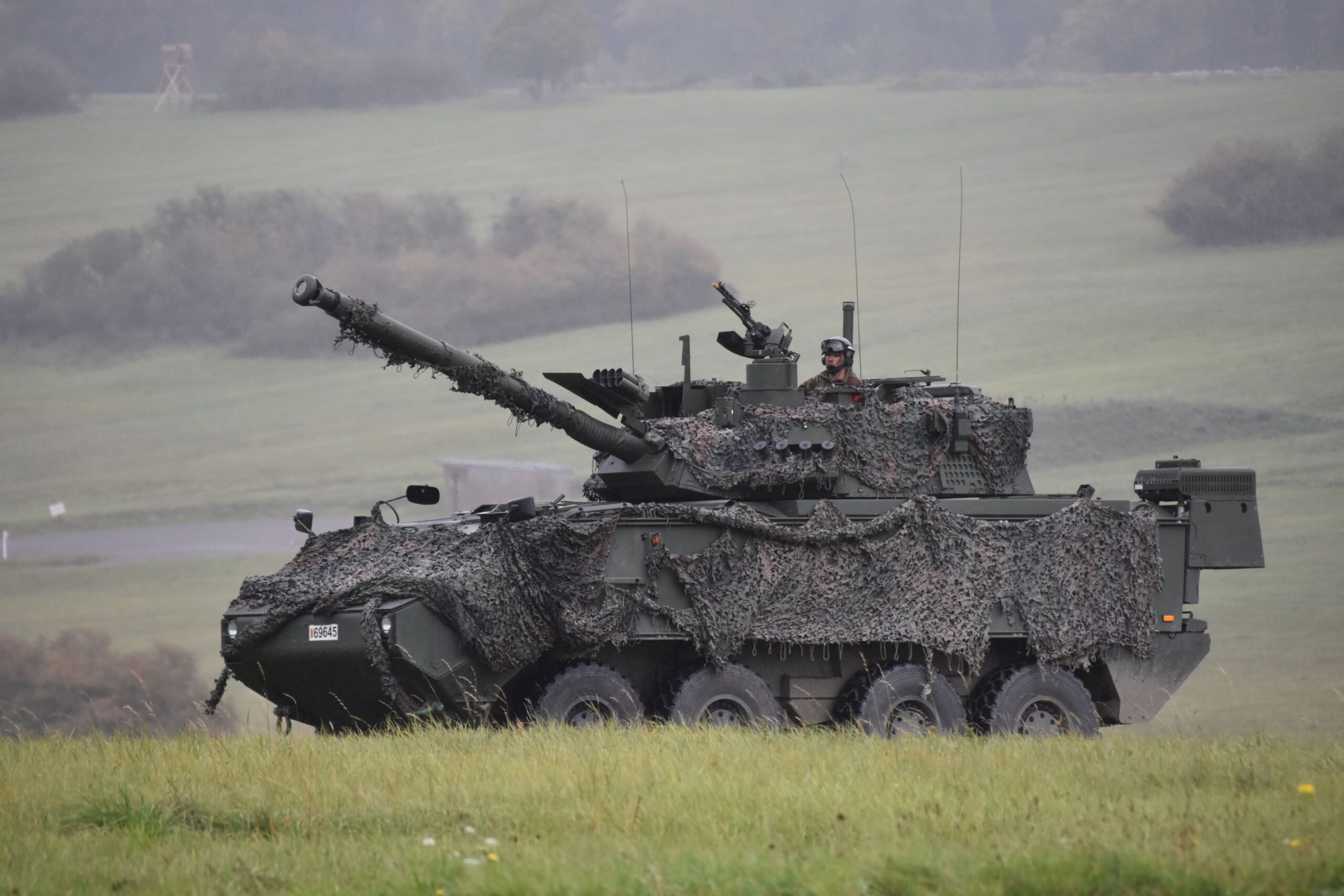
The first draft of conclusions, as all parties involved are gathering; consolidating the information in order to debrief in full, are as follow :
- Flexibility and agility were successfully demonstrated
- Even if English was used as a common communication language, some challenges remain. Mainly the use of ‘terms of reference’ that might trigger some misunderstandings
- SCOUT platoon and French ‘Search and Investigation’ Unit might appear to have the same goals but in fact, they are not the same
- Attention was drawn to the usability concepts
- French Leadership was also inspiring in many ways
- Exercises on the fields as well as data exchanges were successful.

